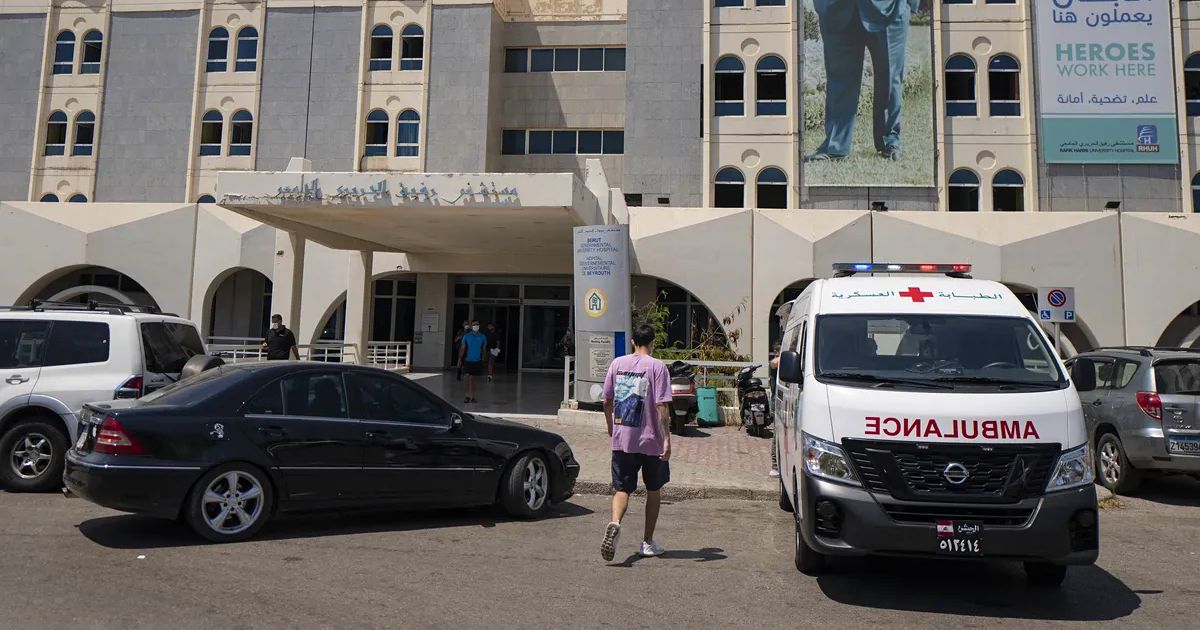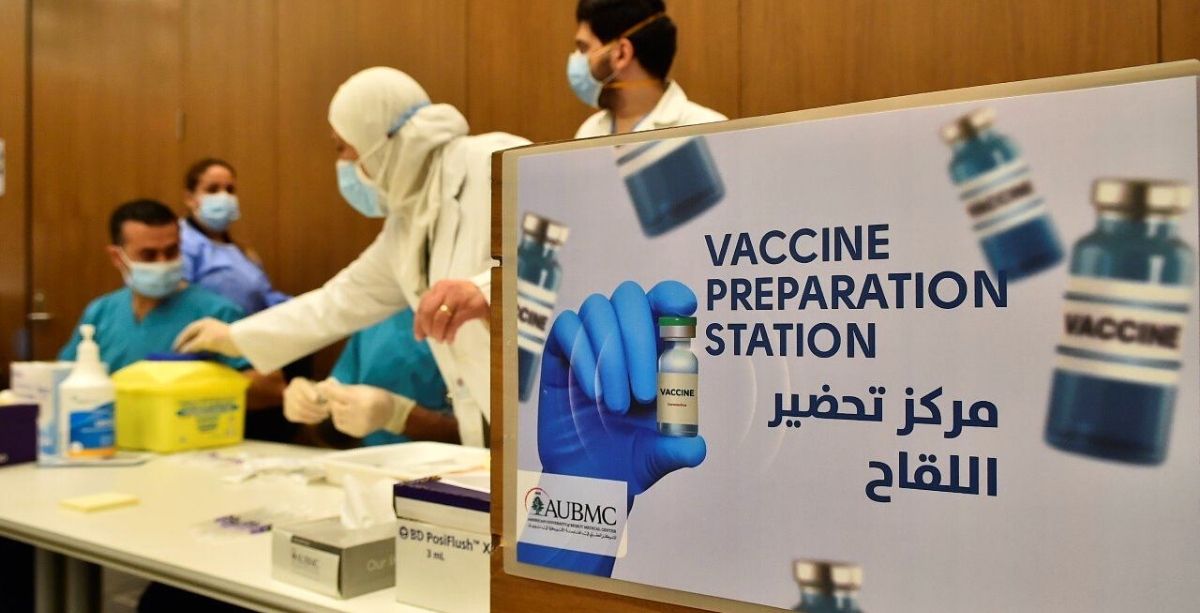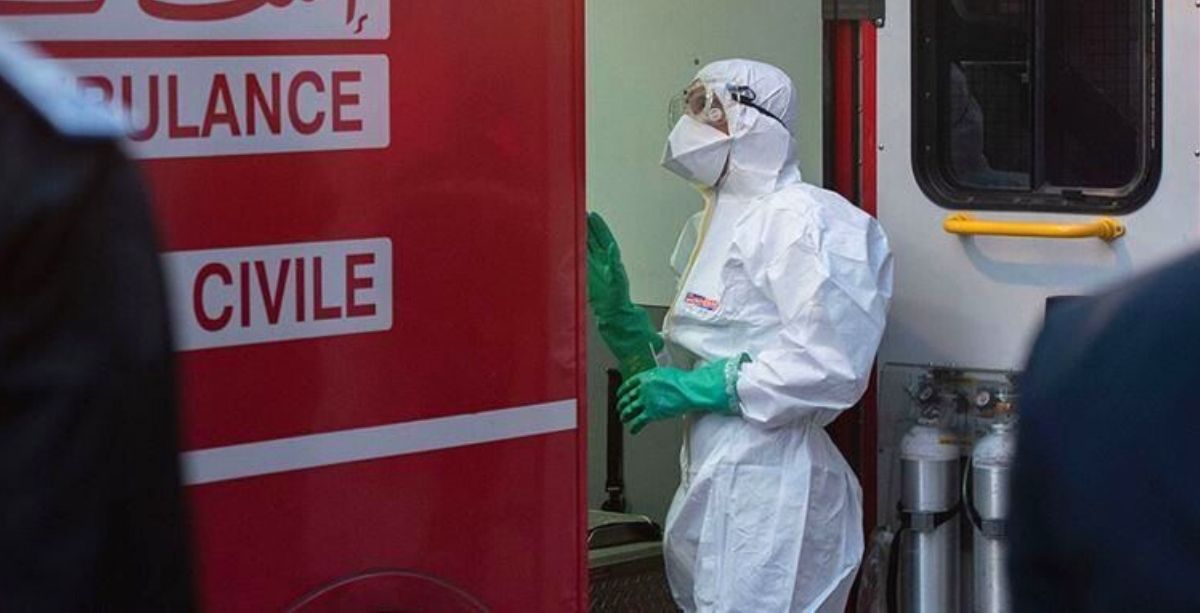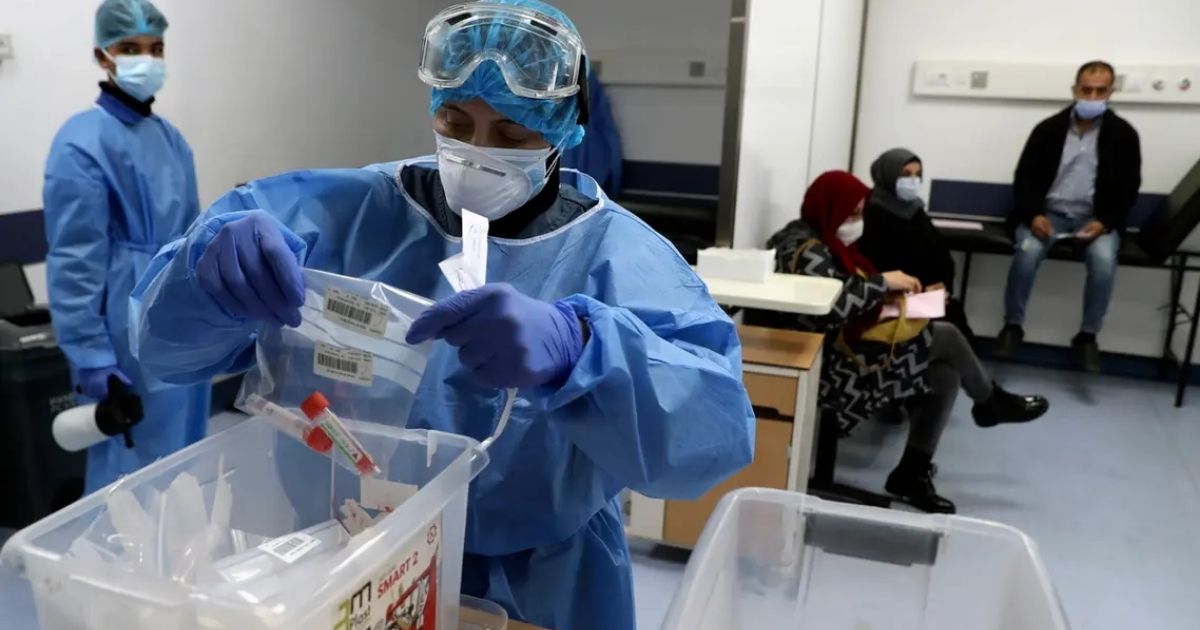A young healthy Lebanese man recently recovered from the coronavirus and decided to write a post on Reddit, allowing people to ask him anything about his experience.
According to his post, he was traveling before he felt the symptoms and only started feeling them after returning home to Lebanon.
It started with a “massive headache” that was so disabling it led him to call in sick to work. For the next two days, the user said he felt nauseous and had difficulties trying to swallow food.
On the fourth day, he said, “I developed a slight cough, but I was still thinking of the individual symptoms, which weren’t that bad, so I didn’t think much of it.”
By this time, he was already isolated from people just because he was feeling sick. “Several people called me, [I] told them I wasn’t feeling well, and they told me to get tested,” he said.
Initially, he wanted to brush them off and didn’t even consider the fact that he was infected. “There were less than 100 people who had it when I contracted it, so I figured what were the odds that out of 4,000,000 Lebanese I would be the one to get it. Thankfully I had people in my life who cared enough to yell at me to go get tested, and I was quarantined before any damage was done.”
“I went and did the test, initially just to reassure them that I was fine. The next day I found I wasn’t [fine].”
He was transported by ambulance to Rafic Hariri University Hospital (RHUH) and spent the next following weeks in quarantine there.
“I thought it would be nice to share my experience, having actually gone through it, so I’d be happy to answer any questions you may have,” he told Reddit users.
Treatment & Medical Staff
Responding to comments, he wrote, “My treatment was great, the nurses were very nice and helpful but doctors were a bit tough to get a hold of due to the massive patient load, I imagine. Otherwise, it wasn’t a bad stay at all.”
“These people are heroes and need to be supported in whatever way possible,” he expressed about the medical team.
Symptoms
About the symptoms, he explained, “In some areas, they’re milder than the flu. For example, my cough was extremely light, it didn’t occur to me that it could have been COVID.”
He didn’t have a high fever, which is an indicator of the virus: “I was between 36 and 37 the entire time… The primary thing they were looking for in my case [was] respiratory problems like coughs, shortness of breath, etc.”
Luckily, he didn’t require a ventilator and was able to continuing breathing normally until recovery.
Quarantine Life
The user says he was asked to pack his things before going to the hospital, including his laptop. Hence, he lived off Netflix. He was given WiFi access and was also able to communicate with people outside and keep himself occupied and not feel too lonely.
He says that a counselor would occasionally pass by to check up on his mental state, which is a nice fact.
“Netflix, calling friends and family. I was sleeping a lot during the day, since I was really tired a lot of the time.”
“The food was quite bland, but that wasn’t really why I was there. I got a few very nice care packages with tasty treats from friends and family however, and those made my day when I got them,” he added.
Fears
“The scariest part of it is the fact you never know whether you’re getting better or you’re going to get worse. The only indicator I had was the periodic test they did to see if I still had it. I didn’t know I was leaving the hospital until the day I left.”
On Recovering
He recovered on his own and did not require any medication. The recovery took up to three weeks, which is the average time to be cleared of the virus. After the recovery, he must remain isolated at home for another two weeks, just to be safe.
So what advice does he have for people?
“My advice is to take the recommended precautions. Wash your hands for 20 seconds, take all the precautions you can because contracting it is nothing compared to the guilt you will feel if someone gets hurt because you didn’t. This was the biggest thing on my mind until I found out the people I was in contact with were fine.”
The takeaway from this experience:
“If anything is an argument for universal healthcare, it’s this pandemic,” he said, “If you want to protect your citizens, you need to protect them from all threats, including health-related ones. Had nothing been done, this virus would have killed more Lebanese citizens than Israel did in 2006. I don’t know if the curve has started to flatten yet, but if it hasn’t then it still might.”
We have a dedicated coronavirus section where you can find the latest news/updates about the pandemic in Lebanon, inform yourself with WHO-verified resources, and track the number of cases in Lebanon in real-time. Click here.












